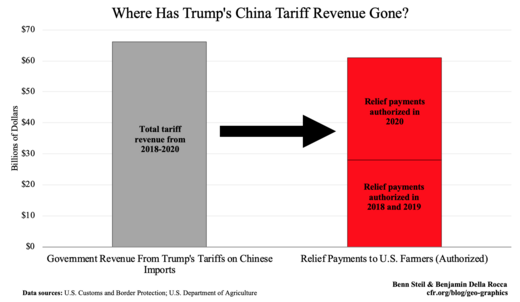Jamie Whyte discussed this article on Radio 4 yesterday.
I like most of the doctors I know. They are earthy and unsqueamish, about minds as well as bodies. Few, however, know much about economics. This normally does not matter. But occasionally doctors stray off piste, get onto health policy issues and make fools of themselves. Yesterday’s letters page of The Times contained a vivid example.
Twelve doctors wrote a letter lamenting the fact that about 20 per cent of visits to GPs are for “common disturbances to normal good health, such as coughs and colds”. This costs the NHS about £2 billion a year without making any difference to people’s health, since they could just as effectively treat themselves. According to the campaigning doctors, “the NHS has become the victim of a demand-led culture”.
Then, having got almost all the way to the answer, they miss it. Reading their letter is like watching your one year old with a square peg in hand and the square hole directly in view, trying to stuff it into the round hole. The square peg in the doctors’ hand is the word “demand” and the square hole is the fact that the price of visiting a GP is zero.
Perhaps the most familiar law of economics is that demand increases as price decreases – be it demand for apples, foreign holidays, doctors’ visits or anything else of value. The reason people visit GPs so frivolously is that it costs nothing besides the lost time. The obvious solution to the problem is to charge a fee. £10 should be enough to deter people with sniffles. People with something potentially more threatening will be happy to pay this much.
But the doctors miss this trick. Instead they fall back on the hoary old distinction between real needs and mere wants, which they combine with the popular modern absurdity that people should be educated into acting against their own interests. Specifically, they call on politicians to “enable GPs and practice nurses to give people the confidence to use the NHS at the point of need, not demand; educate people to manage minor ailments …”
If the doctors think that this is a good method for rationing GP visits, perhaps they will like this idea for rationing food. Nationalise supermarkets, set the price of all food to zero, then eliminate the problem of wasteful overconsumption by educating people that they should take only the food they need rather than what they want.
The proposal is obviously absurd. No such education could possibly have the desired effect; no one could sensibly specify which food is really needed as opposed to merely wanted; and, even if they could, why should people be allowed to eat only what they need? All the same goes for visiting a GP.



How on earth can we be asking people to pay £10 to see their doctor? The training is so poor now that in a few years time we will be consulting doctors who havent had any real emergency work experience, let alone actual hands on in the operating theatre.
Recently, a friend of mine who is not medically trained was asked by a houseman. “What’s the name of that nerve that goes into the back of the eye?”
In a very few years, that doctor is going to be attempting diagnosis of “that bit of gut that looks like a tail” or perhaps looking at “yellow stuff in the ear” and wondering what it is.